Wednesday, April 17, 2024
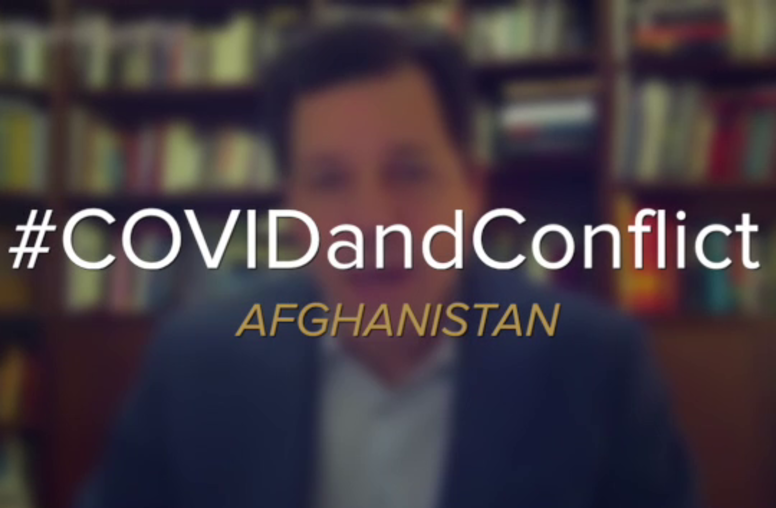
COVID-19 and Conflict: Afghanistan
USIP is closely following the effects of the novel coronavirus around the world and we’re particularly concerned about its effects in fragile states and conflict zones, which are especially vulnerable to the impacts of these kinds of outbreaks. This week, our Scott Smith looks at the potential impact on Afghanistan, how NGOs and religious organizations are working to combat the spread, and what it means for the Afghan peace process.
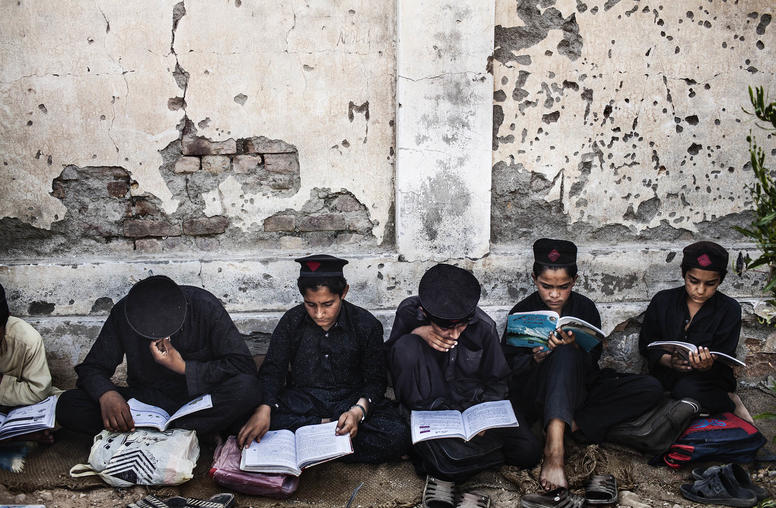
How to Handle Pakistan’s Corporal Punishment Problem
Shameen, a ninth grade teacher in a low-cost private school in Islamabad, frequently turns around from the whiteboard to shout at the children for slouching and making noise. “Why are you smiling? Sit properly!” she calls out to one of the students. Holding a stick wrapped in tape, she asks students to open their hands and then smacks their palms several times whenever they fail to answer her questions correctly. This is an all too common scene from an average school in Pakistan—and sometimes it can be much worse.
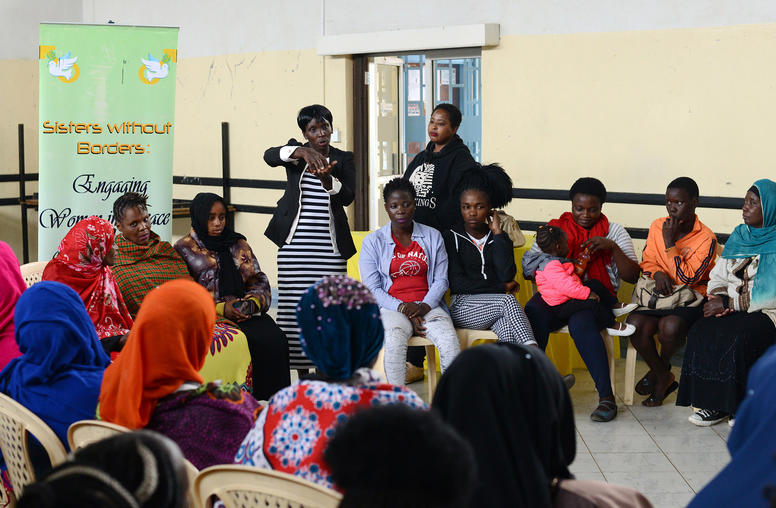
How Kenya’s Women Are Preventing Extremism and Violence
A group of women gathered recently in Kiambu, an overcrowded Kenyan town, to build their local response to a national problem: recruitment, especially of young men, by extremist groups such as al-Shabab. Kiambu’s women form one of several groups nationwide that are launching local dialogues—typically among community members and authorities—to build well-rooted efforts to counter extremist influence. These groups are part of a network called Sisters Without Borders, which has risen from Kenya’s grassroots over the past five years. On the upcoming International Women’s Day, the story of Kenya’s sisters is worth noting as a success for women building peace and confronting terrorism in their homelands.
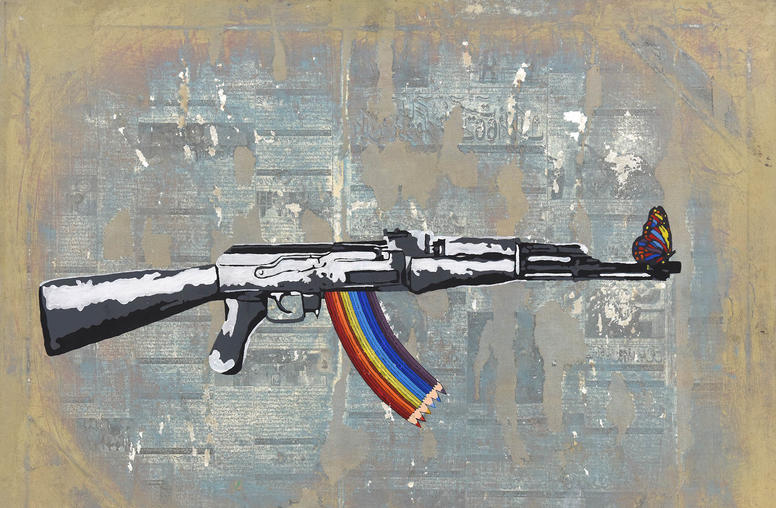
Discovering Peace Through Art in Afghanistan
“I don’t know peace. I grew up in war. Peace for us in Afghanistan … we really don’t know what this word ‘peace’ means.” –Omaid Sharifi, cofounder of the Kabul-based ArtLords
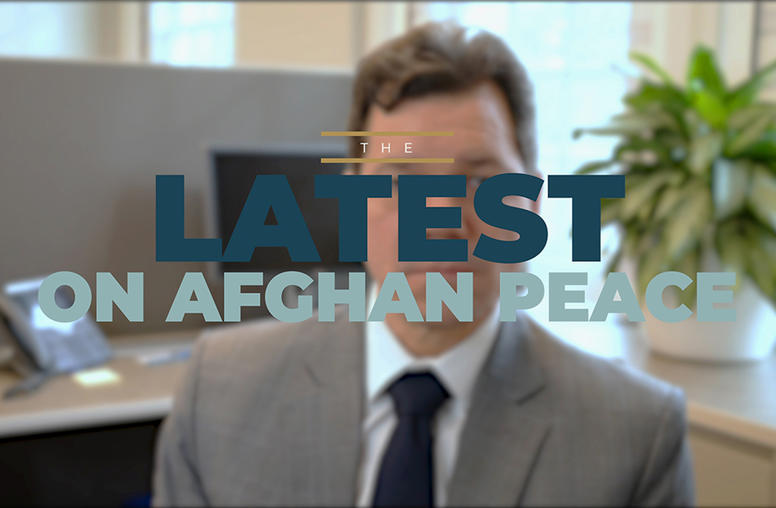
The Latest on U.S.-Taliban Talks: 3 Things You Need to Know
The U.S. and Taliban have reportedly agreed to a deal to reduce violence, which could ultimately lead to an end to the war in Afghanistan. USIP’s Afghanistan experts explain how the deal could be an important step to sustainable peace, what subsequent intra-Afghan negotiations would focus on and what the agreement means for Afghan women.
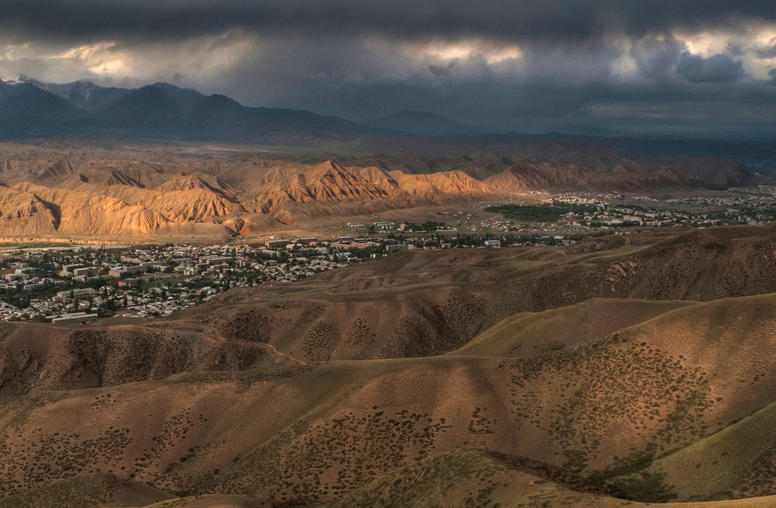
The Urgency and Complexity of Environmental Peacebuilding
Daily news headlines sometimes note, but often omit, the rise in violent conflicts linked to environmental shocks from our changing climate. People in parts of Central Asia have fought in recent years over water, and Nigerian farmers and cattle herders fight over shrinking grasslands in an episodic war that now kills more people than the violence of Boko Haram. This nexus recently led specialists on both problems—conflict resolution and climate shocks—to forge a new alliance for environmental peacebuilding. The need for such work is signaled in part by the rising violence against environmental activists, of whom 164 were killed in 2018 alone.
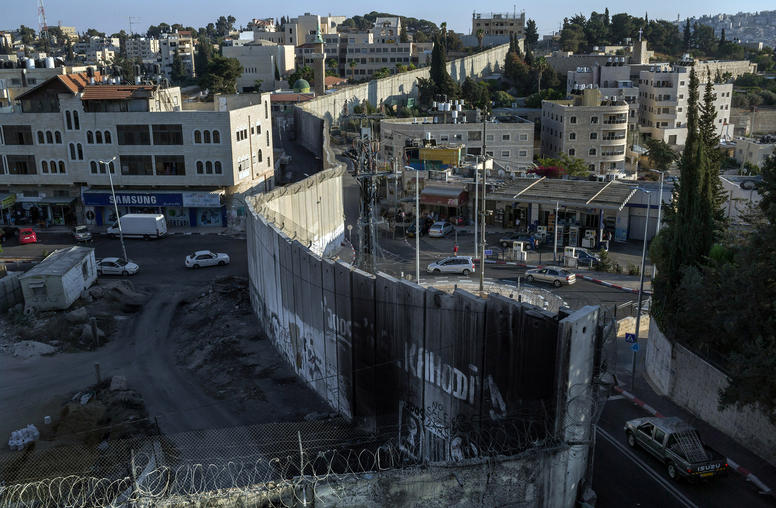
The Latest on the Middle East Peace Plan: 3 Things You Need to Know
The Trump administration unveiled this week its long-awaited Israeli-Palestinian peace plan. Does the plan have the potential to bring the parties closer to peace? Lucy Kurzter-Ellenbogen explains how the plan differs from other attempts to forge peace, how Israelis and Palestinians view the plan, and how the international community has reacted.
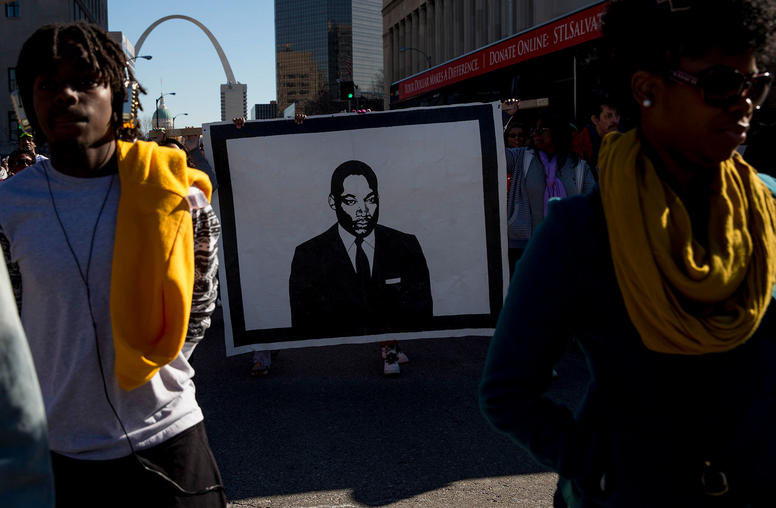
Nonviolent Action and Peacebuilding: Contradictory or Complementary?
Since Martin Luther King, Jr. Day last week, the nonviolent action team here at USIP has been reflecting on what Dr. King’s life and legacy teach us about the deep links between nonviolent action and peacebuilding. As we watch protesters in Hong Kong, Iraq, or Lebanon directly confront their governments, there may not seem to be much connection between people hitting the streets and building lasting peace. But for King, the connection was inevitable and inseparable, and practitioners of both disciplines have much to offer one another.
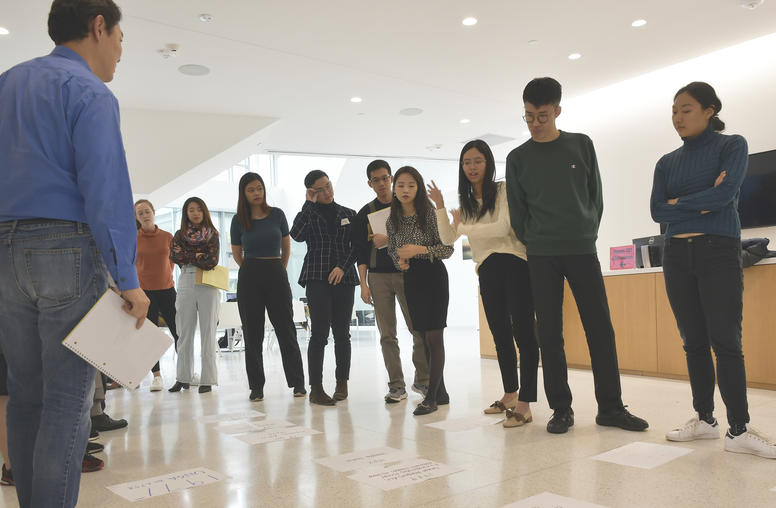
How Interactive Conflict Resolution Empowers Youth in China and Taiwan
While the international community has been closely watching the violent showdown between police and protesters in Hong Kong, many are concerned that the next crisis involving China could happen with Taiwan, a longstanding partner of the United States and a beacon of democratic values in East Asia. Beijing's increasingly aggressive policy toward Taiwan, a hardening of identities on both sides of the Strait, and President Tsai Ing-wen’s recent reelection in Taipei reflect two seemingly irreconcilable core interests...
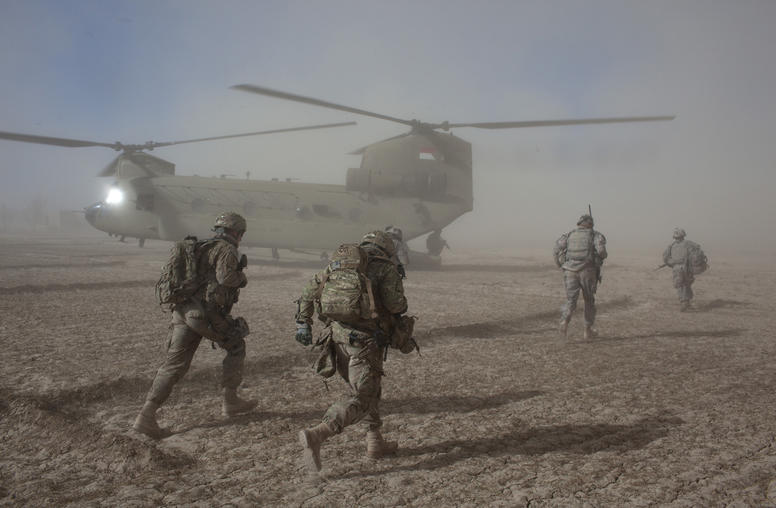
What ‘The Afghanistan Papers’ Got Wrong
The Washington Post last week published a series, “The Afghanistan Papers,” that made the case that U.S. officials consistently lied about the prospects for success in Afghanistan and deliberately misled the public. As someone with an intimate knowledge of the effort described in the reporting, there is a recurring line I find particularly problematic: that officials hid “unmistakable evidence the war had become unwinnable.” That was not the problem. The problem was that for so long many officials believed that the war was winnable.
